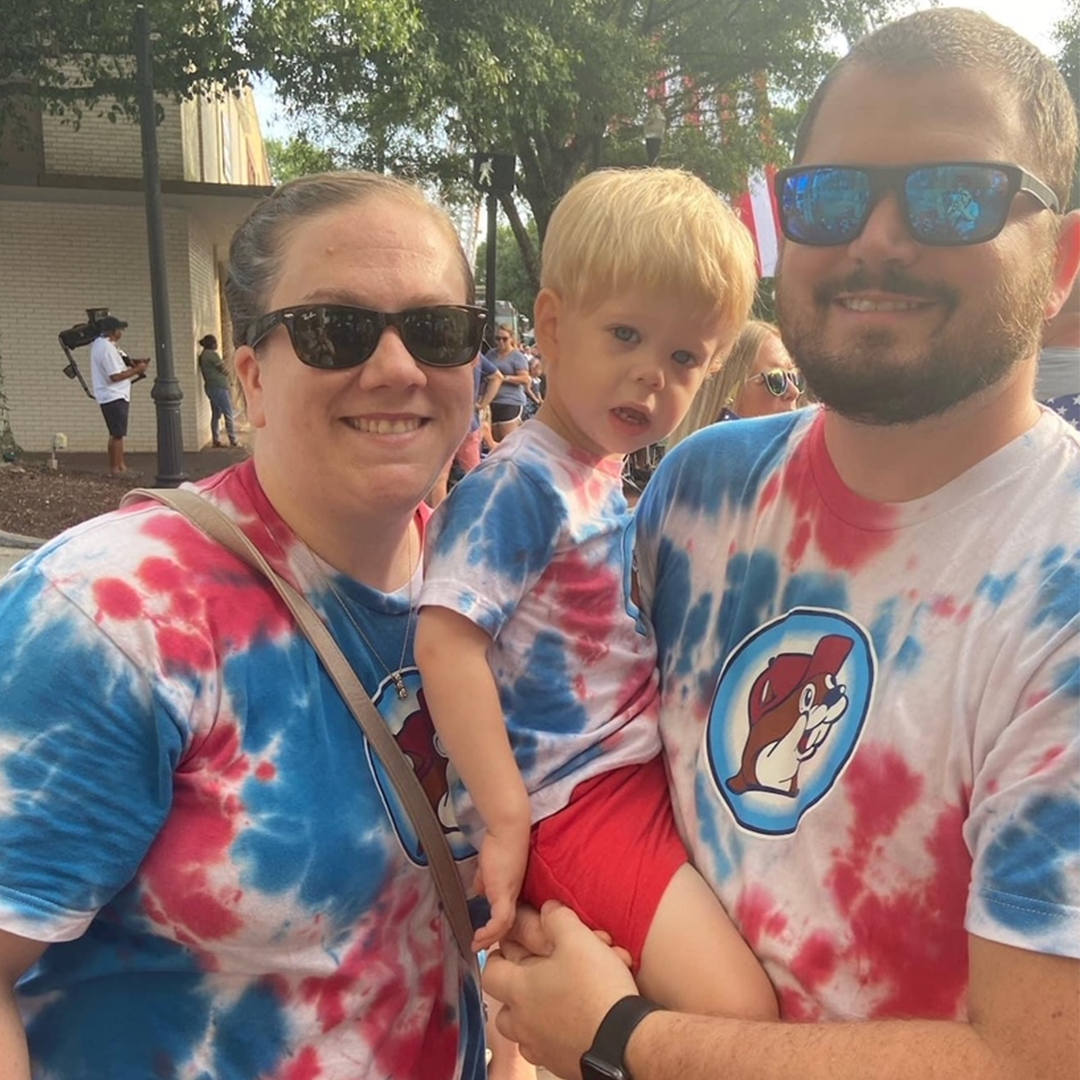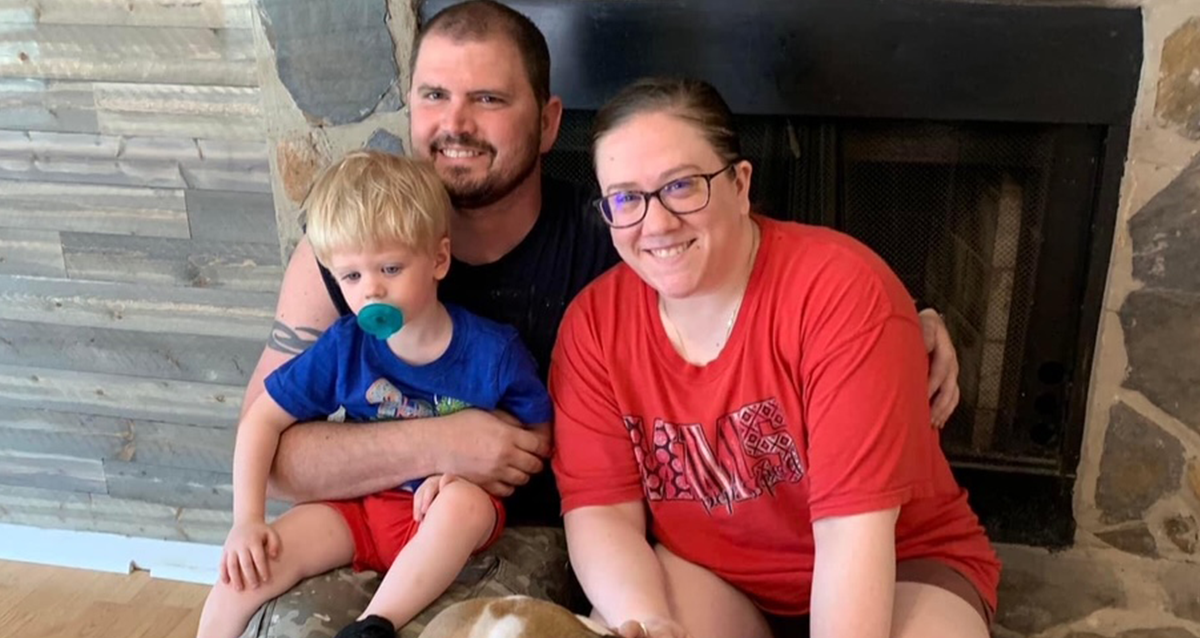


In early 2017, Nathan S. was diagnosed with Hodgkin lymphoma. He was in his 20s. His diagnosis came after months of constantly feeling sick and dealing with an unbearable rash on the lower half of his body. With his wife and family by his side, Nathan underwent chemotherapy, radiation therapy and a stem cell transplant as part of his treatment plan. His experience as a young cancer survivor influences and inspires his work as a Clinical Oncology Dietitian at City of Hope. Here, Nathan shares the five things he wishes he could tell himself at the start of his diagnosis.
